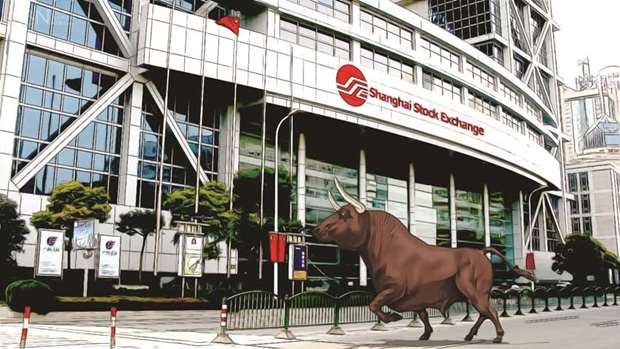The dollar struggled yesterday in Asia following the previous day’s losses as dovish Federal Reserve minutes rowed back expectations for US interest rate hikes.
While board members at the US central bank will likely lift borrowing costs next month, official records of their October meeting indicate some are increasingly concerned about persistently low inflation as well as high equity prices. The release of the minutes came after data showing a surprise drop in key durable goods orders, fuelling a sell-off in the greenback across the board.
They also came out a day after Fed boss Janet Yellen had warned that too quick an increase in rates could cause inflation to stagnate well below the bank’s 2% target rate.
“The minutes reflected a continued push toward another rate hike because of economic strength and a tight labour market,” Greg McKenna, chief market strategist at AxiTrader, said.
“But like Fed chair Janet Yellen...the minutes also reflected the Fed’s concern that inflation may stay lower for longer.
That suggests calls for three and four hikes next year may be misplaced.”
Expectations that rates would be lifted several times next year – partly through an improving economy and flagged tax cuts – helped drive the dollar up over the past year.
In Asian trade yesterday the dollar was flat against the yen, euro and pound, having tumbled against all three on Wednesday.
But higher-yielding units were well up. The Australian dollar 0.9% up and the Canadian dollar rising 0.4%, with both commodity-reliant currencies boosted by a recent jump in oil prices.
South Korea’s won added 0.4%, the Mexican peso jumped 0.8% and the Indonesian rupiah was 0.2% higher while India’s rupee strengthened 0.3%.
The Singapore dollar, Malaysian ringgit and New Zealand dollar were also sharply higher.
The euro was also lifted by hopes of an agreement on Britain’s bill to leave the European Union, while Germany’s Chancellor Angela Merkel continues efforts to reach a deal to form a coalition government. There are hopes she can persuade the opposition Social Democrat leader Martin Schulz to reconsider an alliance to avert months of paralysis in Europe’s biggest economy.
On equity markets Hong Kong sank 1% a day after closing above 30,000 for the first time in a decade.
Singapore fell 0.2%, while Seoul was off 0.1%. Shanghai dived 2.3% at 3,351.92 on profit-taking and worries about government moves to crack down on risk-taking lead dealers to shift to cash holdings. This in turn has led bond yields higher, fanning worries that borrowing is becoming too expensive for companies.
“Cash is king now on the mainland,” Castor Pang, head of research at Core-Pacific Yamaichi HK, told Bloomberg News.”Rising bond yields will be negative for corporate profits, since it will increase financing costs. That’s very bad news for the stock market.”
Sydney and Wellington were both flat but Manila, Taipei and Mumbai were up.
US markets provided a mixed lead with the Nasdaq hitting another record by Dow and S&P 500 dipping as dealers there headed into the Thanksgiving break.

Shanghai Stock Exchange yesterday dived 2.3% at 3,351.92 on profit-taking and worries about government moves to crack down on risk-taking lead dealers to shift to cash holdings.
